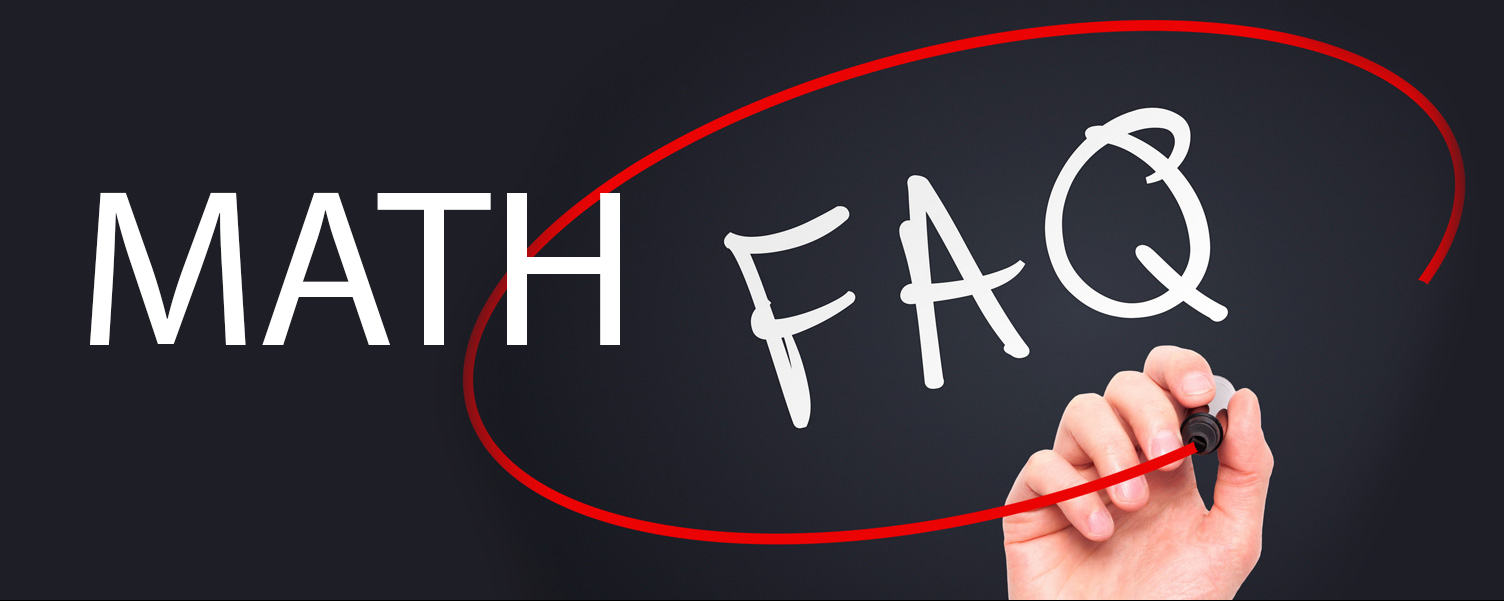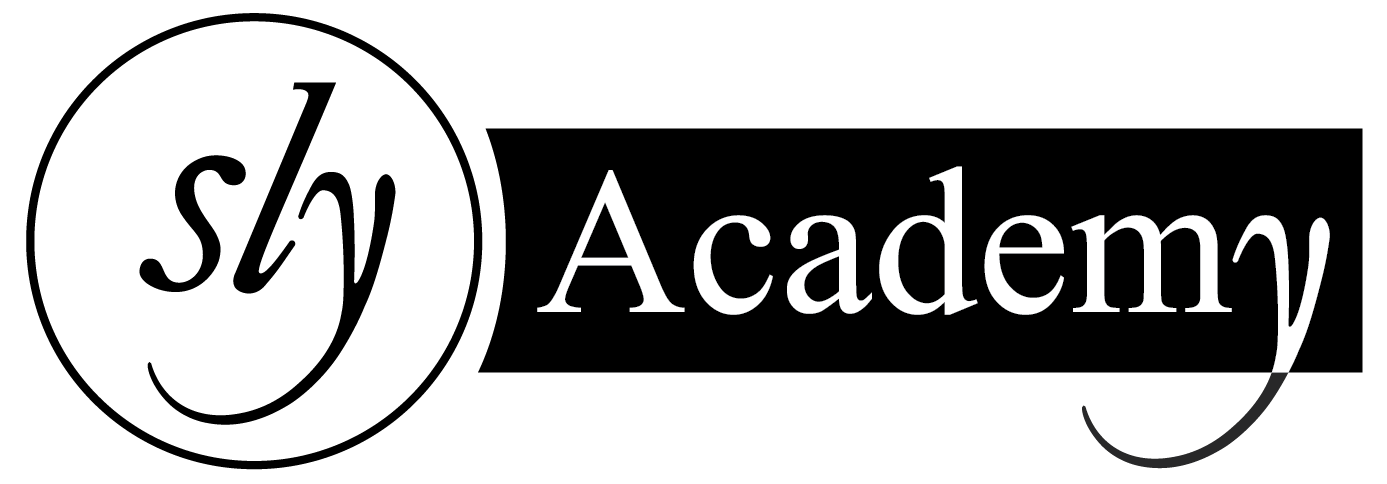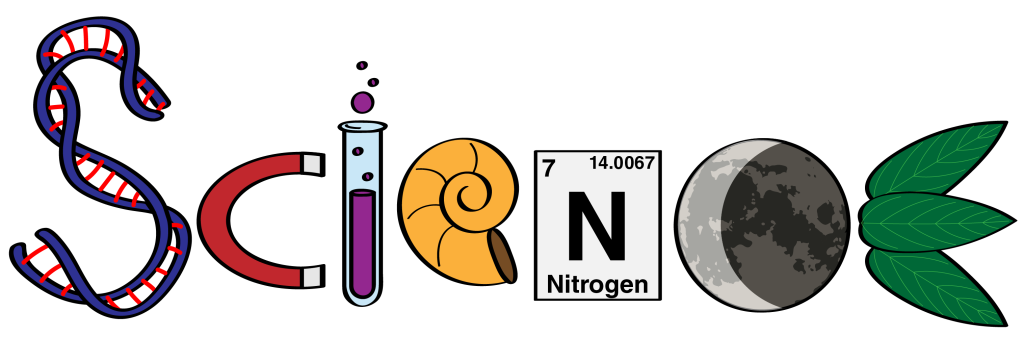
Table of Contents
ToggleWhat is Absolute Value in Math?
The absolute value of a number is the distance between that number and zero on a number line. It is always non-negative. For example, the absolute value of both -5 and 5 is 5, denoted as ∣5∣=5 and ∣−5∣=5.
What is Add Maths?
Add Maths (short for Additional Mathematics) is an advanced-level mathematics subject offered in many secondary school curricula, covering topics like algebra, calculus, and trigonometry beyond the standard math curriculum.
What is an Addition Sentence in Math?
An addition sentence is a mathematical statement that shows two or more numbers being added together, along with the sum. For example, 3+4=7 is an addition sentence.
What is Additive Inverse in Maths?
The additive inverse of a number is the value that, when added to the original number, equals zero. For example, the additive inverse of 5 is -5 because 5+(−5)=0.
What is Advanced Functions in Math?
Advanced functions refer to more complex mathematical functions, typically studied in higher-level math courses. These may include polynomial, exponential, logarithmic, and trigonometric functions.
What is Algebra in Maths?
Algebra is a branch of mathematics that uses symbols (often letters like x or y) to represent unknown values in equations and expressions. It involves operations like addition, subtraction, multiplication, and division to solve for these unknowns.
What is Altitude in Maths?
In geometry, an altitude is the perpendicular segment from a vertex of a triangle to the line containing the opposite side. It represents the height of the triangle.
What is Amplitude in Math?
The amplitude is the maximum distance a wave (such as a sine or cosine function) reaches from its equilibrium or center position. In trigonometry, amplitude describes the height of the wave.
What is an Apex in Math?
In geometry, the apex refers to the highest point or vertex of a cone or pyramid.
What is an Endpoint in Math?
An endpoint is a point at one end of a line segment or the starting point of a ray. A line segment has two endpoints, while a ray has one endpoint and extends infinitely in one direction.
What is an Equation in Math?
An equation is a mathematical statement that shows the equality between two expressions. For example, 2x+3=7 is an equation where 2x+3 and 7 are equal.
What is an Expression in Math Terms?
A math expression is a combination of numbers, variables, and operations (like +, -, ×, and ÷) that represents a value. For example, 3x+2 is an expression.
What is an Identity Element in Math?
The identity element is a number that, when combined with another number using a particular operation, leaves the other number unchanged. For example, 0 is the identity element for addition because x+0=x, and 1 is the identity element for multiplication because x×1=x.
What is an Identity in Math?
An identity is an equation that is true for all possible values of the variables involved. For example, x+0=x is an identity in addition.
What is an Identity in Maths GCSE?
In GCSE Maths, an identity refers to an equation that holds true for all values of the variable(s). It is often represented with the symbol ≡, indicating that the two sides are identically equal for any input.
What is an Independent Variable in Math?
The independent variable is the variable that you control or choose in an experiment or equation. In the function y=2x+3, x is the independent variable, as it affects the value of y.
What is an Operation in Math?
An operation in math is a process like addition, subtraction, multiplication, or division applied to numbers or variables to produce a result.
What is Argument in Math?
In mathematics, an argument refers to the input of a function. For example, in the function f(x)=x2, x is the argument.
What is Arithmetic in Math?
Arithmetic is the branch of mathematics that deals with basic operations such as addition, subtraction, multiplication, and division.
What is ASA in Math?
ASA (Angle-Side-Angle) is a rule in geometry that states if two angles and the included side of one triangle are equal to the corresponding angles and side of another triangle, then the triangles are congruent.
What is Ask What is Given Math?
This refers to a strategy in solving math problems where you first ask yourself what information is provided (the given) and what needs to be found. It helps in organizing the approach to solving the problem.
What is At Least in Math?
In math, at least means a value is greater than or equal to a certain number. For example, saying “at least 5” means the value is 5 or more.
What is Axiom in Maths?
An axiom is a fundamental statement or proposition that is accepted as true without proof. Axioms serve as the starting point for further reasoning and arguments.
What is Base in Math?
The base in math refers to the number that is being raised to an exponent. In the expression 23, 2 is the base, and the expression means 2×2×2.
What is Base Ten Blocks in Math?
Base ten blocks are a visual aid used to teach place value, addition, subtraction, and other basic math concepts. They represent units (1), rods (10), flats (100), and cubes (1,000).
What is Basic Maths and Standard Maths?
In educational systems like CBSE, basic maths refers to the general-level mathematics curriculum, while standard maths covers more advanced concepts and is designed for students aiming for higher studies in math-intensive fields.
What is Basic Maths and Standard Maths in CBSE?
In the CBSE curriculum, basic maths is a simpler version of the math exam for students who don’t wish to pursue mathematics in higher studies, while standard maths includes more advanced topics for students who may continue studying math at higher levels.
What is BIDMAS in Maths?
BIDMAS stands for Brackets, Indices, Division and Multiplication, Addition and Subtraction. It’s the order of operations used to solve mathematical expressions.
What is Bimodal in Math?
A distribution is bimodal if it has two distinct modes, or peaks, in its frequency of data points. This means the data has two different values that occur most frequently.
What is BODMAS Rule in Maths?
The BODMAS rule is used to remember the order of operations when solving math problems. It stands for Brackets, Orders (i.e., powers and square roots, etc.), Division, Multiplication, Addition, and Subtraction. The order matters in how you perform calculations.
Recent Posts
- What is Vocabulary
- What is Wireless Application Protocol
- What is Natural Vegetation
- What is Catenation
- What is Scotus
- What is Pro Life
- What is World Wide Web
- Dubai Financial Services Market: An Analysis of Past, Present, and Future Trajectories
- What is Vocabulary
- What is Viscosity
- What is Vertical
- What is Tyndall Effect
- What is Theme
- What is Terminal Velocity
- What is Tense
Choose Topic
- ACT (17)
- AP (20)
- AP Art and Design (5)
- AP Physics 1 (1)
- AQA (5)
- Artificial intelligence (AI) (2)
- Banking and Finance (6)
- Biology (13)
- Business Ideas (68)
- Calculator (72)
- ChatGPT (1)
- Chemistry (3)
- Colleges Rankings (48)
- Computer Science (4)
- Conversion Tools (136)
- Cosmetic Procedures (50)
- Cryptocurrency (49)
- Digital SAT (3)
- Edexcel (4)
- English (1)
- Environmental Science (2)
- Etiology (7)
- Exam Updates (1)
- Finance (17)
- Fitness & Wellness (164)
- Free Learning Resources (210)
- GCSE (1)
- General Guides (40)
- Health (107)
- History and Social Sciences (152)
- IB (1)
- IGCSE (2)
- Image Converters (3)
- IMF (10)
- Math (43)
- Mental Health (58)
- News (11)
- OCR (3)
- Past Papers (463)
- Physics (5)
- SAT (39)
- Schools (3)
- Sciences (1)
- Short Notes (5)
- Study Guides (28)
- Syllabus (19)
- Tools (1)
- Tutoring (1)
- What is? (312)


